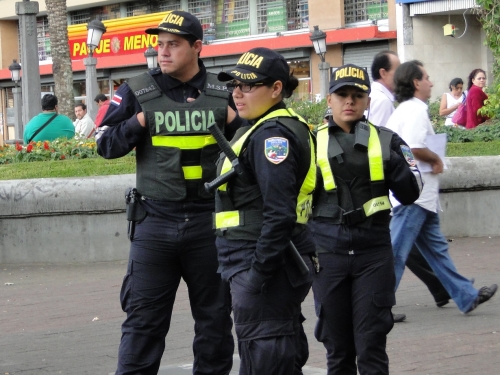
This article was originally published by Southern Pulse on 4 December, 2014.
In recent years Honduras has been on a trajectory to militarize its police force. Towards the end of 2011, the Honduran National Congress approved a decree allowing military personnel to perform duties normally carried out by police officers such as making arrests, disarming civilians and raiding private residences. In 2013, militarization practices became more solidified when Congress authorized the creation of two new forces, the Tropa de Investigación y Grupo de Respuesta Especial de Seguridad (TIGRES) and the Policía Militar del Orden Público, (PMOP, or Military Police). The Military Police currently has 2,000 officers and is expected to reach 5,000 officers. The 2013 legislation granted the PMOP power over patrolling and securing violent neighborhoods and arresting people deemed a threat to public security. This militarization occurred under the guise of what appeared to be the strengthening of a weak and non-functioning police force. The involvement of police in crimes and extrajudicial killings in recent years was used as grounds for the government to slowly phase out traditional methods of law enforcement and implement this new military approach to policing. The paradox herein lies in the fact that military personnel in Honduras have an equally horrific track record of abusing power and human rights.
